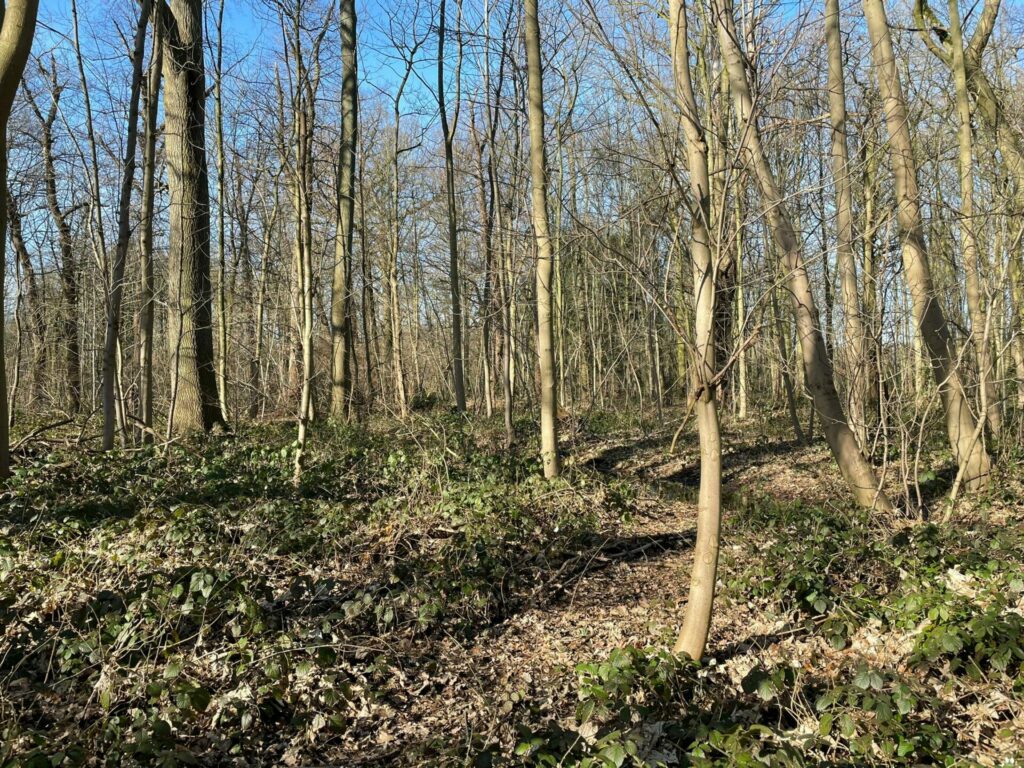The Flemish government is cracking down on illegal felling of trees, littering in forests and other offences committed in its forests and nature areas.
The number of official reports of such crimes committed in woodlands rose by one-third (31%) from 1,551 in 2019 to 2,450 in 2021, according to figrues from Agentschap Natuur en Bos. This is mainly as a result of the region hiring more nature inspectors, but also due to an increased number of visitors in nature areas.
"Our nature in Flanders is vulnerable, so we must take good care of it. Serious offences such as illegal felling, poaching or damaging our nature must be stopped," Environment minister Zuhal Demir said.
She stressed that it is not only the high-profile offences that cause severe damage to nature. "Leaving rubbish behind can also be extremely harmful to plants and animals, not to mention cleanliness. By enforcing the law strongly, we increase the chance of a perpatrator being caught," Demir said.
Higher chance of getting caught
The increase in the number of reports is not necessarily due to a rise in the number of offences being committed, but rather due to the fact that people committing offences are more likely to be caught, as there are more nature inspectors, which has alleviated the workload of inspectors already actively looking into such crimes.
"There is more time for supervision, and more time to tackle areas in cluster together with other parties such as municipalities and the Environmental Inspectorate," a statement from Demir's cabinet read.
She stressed that this is also thanks to the increase in visitors as a result of the coronavirus crisis, which saw more people spend more time in the outdoors. "More eyes in the field equals more reports."
Related News
- Dog faeces harmful for biodiversity in nature reserves, study shows
- Flanders to give landowners up to €25,000 to create more woods
The rise in the number of inspectors also allowed for more time to be spent on restoring nature. In the past two years, the number of restoration measures and projects increased from 265 to 320 in 2021.
"Of course, enforcement and fines are not an end in themselves. We want to make sure that we protect our nature and forest areas better, despite the fact that more people come to enjoy them," Demir said.

